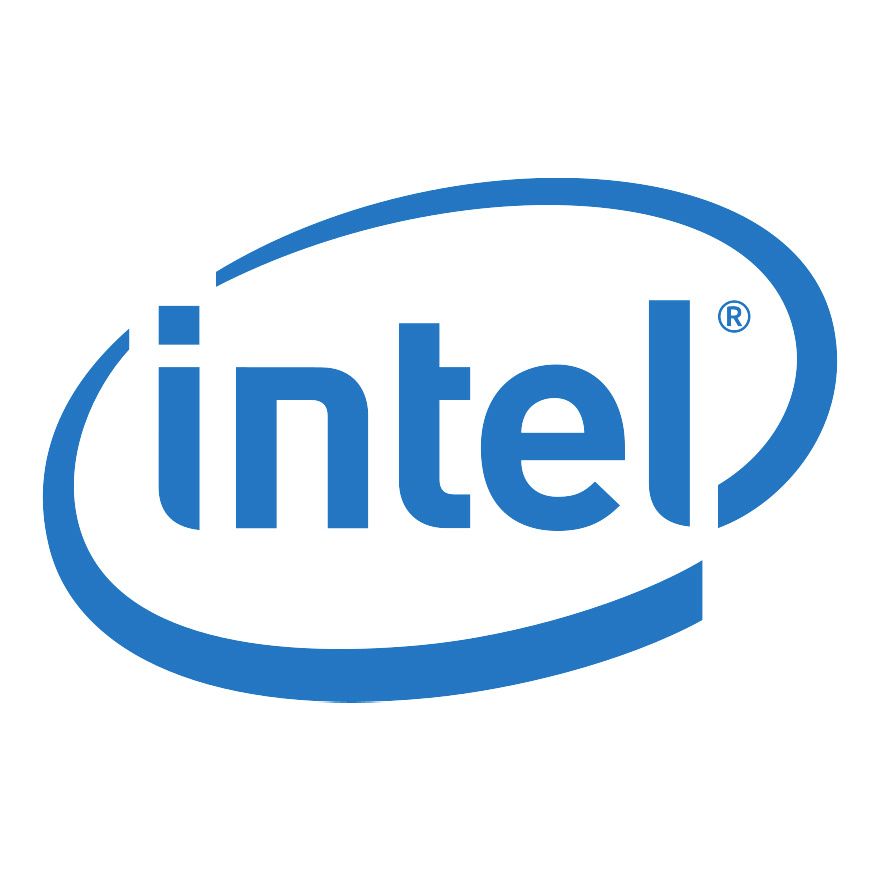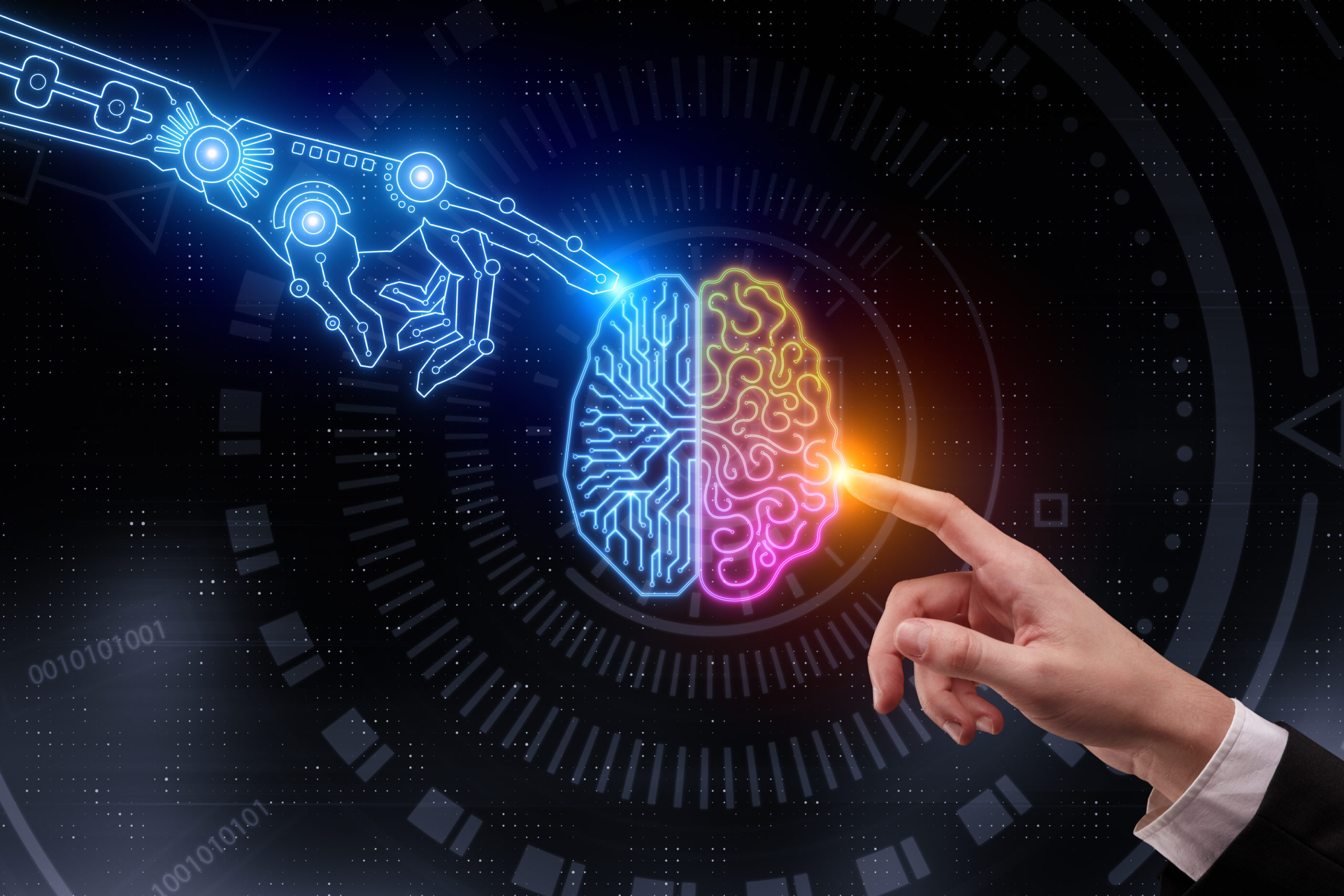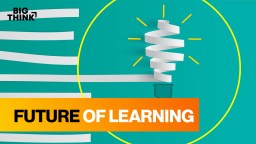GENEVIEVE BELL: I saw a robotic puppy dog yesterday and it made me giggle. AI is coming, and the reality is that everything is going to change.
NEIL JACOBSTEIN: AI is here now and it's already had an impact in many aspects of our lives. Music, transportation, medicine, manufacturing, oceanography, space and, yes, even art.
GENEVIEVE BELL: I always get asked if I'm optimistic or pessimistic about the future and the only way I know how to answer that is to say if you want something different than the world we have now you actually have to actively engage in building it. We're entering the fourth wave of the Industrial Revolution. That early first wave was all about the steam engine which made possible trains and automation. The second wave of the industrial revolution was really about the introduction of electricity. The third wave of the industrial revolution was about computing and things going digital. And we all recognize those arcs. So think back over those previous waves, right? Steam engine, electricity, computers, and now AI. We're not talking about the AI that's trapped in your phone and desperately trying to get out of your computer. We're talking about what happens when AI goes to scale, when suddenly all the objects around us are capable of action without us directing them. When they are autonomous. Each one of those previous revolutions brought new disciplines into existence, and those disciplines helped tame those technologies. And for me the open question is: If we're going to build a world that feels different than this, we have to work out how to invite a whole lot more people into the conversation.
R.P. EDDY: Here's my real concern. What if we're wrong? This is the only existential threat that I can think of that humans have ever faced.
LAMA NACHMAN: Well, I have to admit I'm an optimist. Really, AI has an opportunity to actually make life better in so many different ways whether it's applying AI to doing artificial driving or, for example, helping kids learn more effectively, both in schools and at home. Enable the elderly to stay at their home longer and keep their independence longer. Because at the end of the day my belief is that really ethical people and ethical researchers are the ones who are going to build ethical machines.
R.P. EDDY: I'm net positive that humans can have this conversation and deal with that, and I'm super positive that people like you are taking it on.
LAMA NACHMAN: I can't over-stress the importance of being in this conversation today.
GENEVIEVE BELL: The best promise you can make to the future is a promise that we are engaging in building a better world collectively and together. Companies should be more than just products. They should be -- I know it sounds corny -- but a light on the hill. One of the things that all of the founders of Intel were really committed to was building the future. It was never enough to stop where you were, you had to keep thinking forward.







